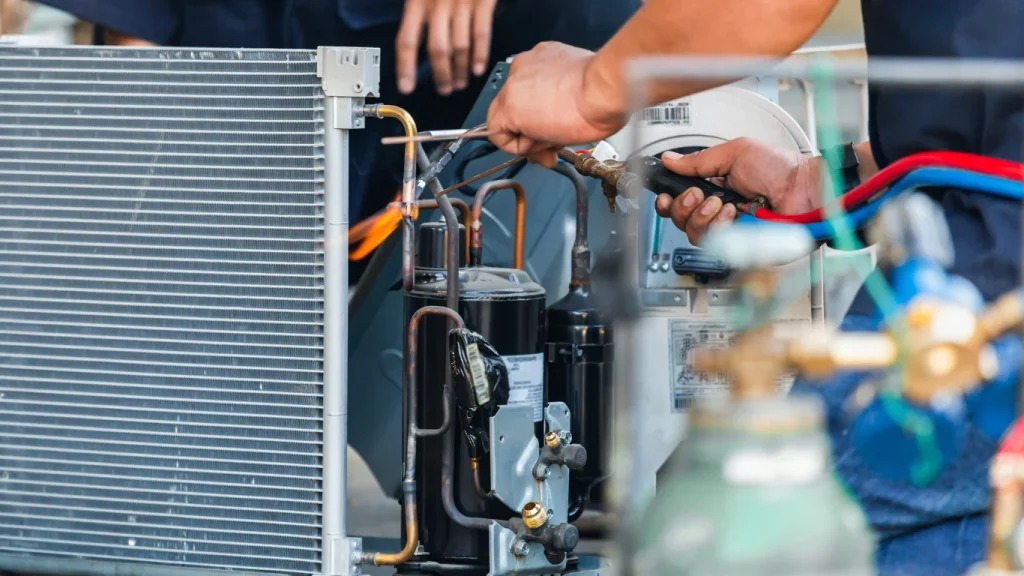
When your heating system fails during the coldest months, it can quickly turn into a stressful and uncomfortable situation. Knowing some emergency heating repair tips to keep your home warm and safe can make a significant difference while you wait for professional help. These practical steps can help reduce the risk of damage and maintain your family’s comfort during unexpected heating issues.
Simple Emergency Heating Repair Tips to Manage the Cold
The first thing to check is your thermostat. Ensure it is set to “heat” and that the temperature is high enough to activate the system. Replace the batteries if needed and confirm that the settings haven’t been accidentally changed. Sometimes, a simple thermostat adjustment can restore warmth without needing further repair.
Next, examine the circuit breaker and power switch. A tripped breaker or disconnected power source can prevent your system from operating. Resetting the breaker or flipping the power switch back on may be enough to restart your heater. Make sure to do this carefully and avoid repeated resets, which could indicate a more serious electrical issue.
If your home uses a furnace, inspect the air filter. A clogged filter restricts airflow and can cause the unit to shut down or overheat. Replacing a dirty filter with a clean one may improve performance temporarily and prevent further stress on the system. This is a quick and inexpensive fix you can do on your own.
In the meantime, use space heaters or an electric fireplace to provide localized warmth. Always follow safety guidelines, keep these devices away from flammable materials, and never leave them unattended. Blankets, layered clothing, and warm beverages can also help maintain body temperature until your main heating system is restored.
Preventative Emergency Heating Repair Tips for Long-Term Safety
Routine maintenance is one of the best ways to reduce the likelihood of emergency heating problems. Schedule annual inspections with a certified technician to identify worn parts, gas leaks, or blocked vents. A professional check-up before the heating season starts can catch potential issues early and ensure reliable operation.
Make sure your home is properly insulated to retain heat. Sealing gaps around windows and doors and using thermal curtains can help prevent warm air from escaping. Proper insulation reduces the strain on your heating system and allows it to work more efficiently, even when it’s under pressure.
Keep the area around your heating equipment clean and clear. Dust, debris, or flammable items near furnaces or heat pumps pose a safety risk and can interfere with operation. A tidy space around your system not only improves air circulation but also minimizes the chances of fire hazards.
If your emergency heating issue is not easily fixed, contact a professional as soon as possible. Delaying necessary repairs can lead to further damage or safety concerns. Having a trusted heating technician’s number on hand and knowing what to do in an emergency can give you peace of mind and keep your home comfortable and safe through the winter.
Read More:
How to Choose a Reliable Emergency Heating Repair Service Near You


